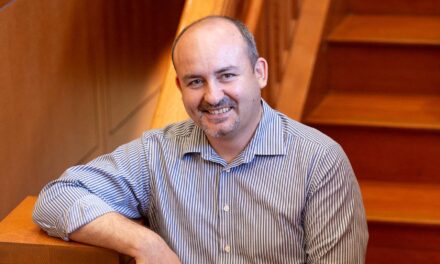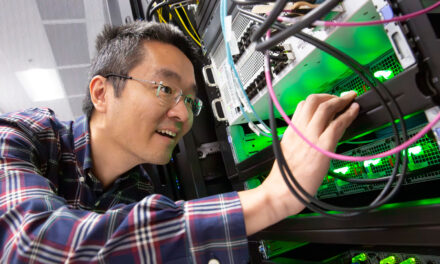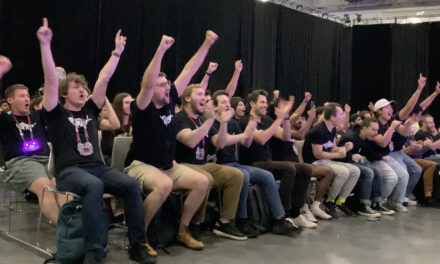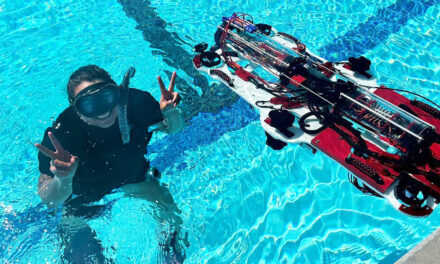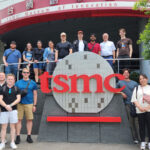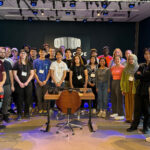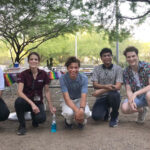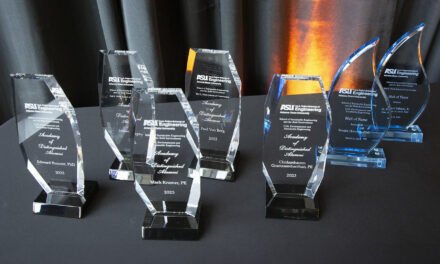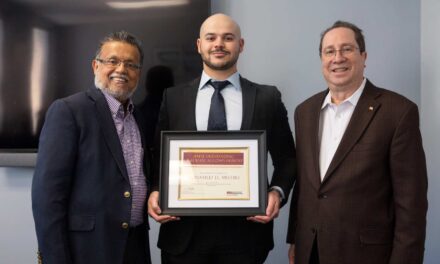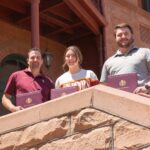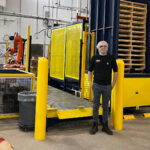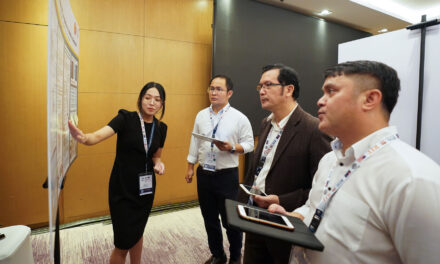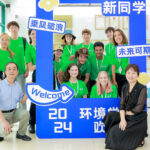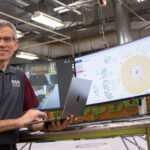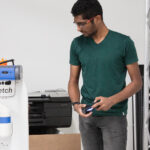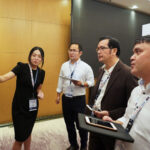
Fueling the fourth industrial revolution
Global Outreach and Extended Education team supports education access innovation at southeast Asia’s STEM revolution
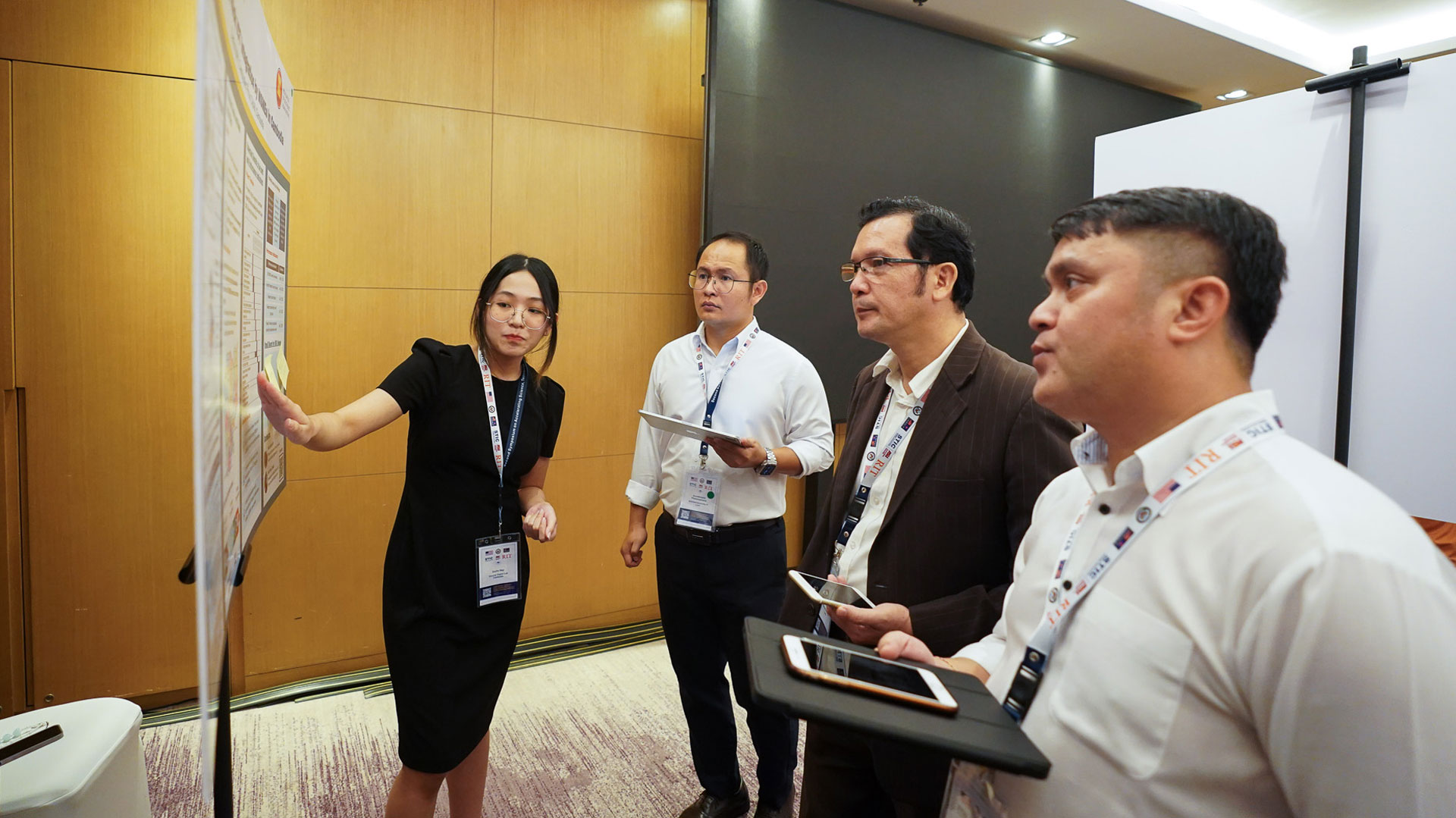
The office of Global Outreach and Extended Education, or GOEE, part of the Ira A. Fulton Schools of Engineering at Arizona State University, provides global education and training programs through international partnerships focused on science, technology, engineering and sustainability.
This summer, GOEE played a vital role in implementing the Science, Technology and Innovation Cooperation, or STIC, program, in Vientiane, Laos. STIC is a collaboration of U.S.-ASEAN Smart Cities Partnership, or USASCP, Rochester Institute of Technology and the Department of State to cultivate sustainability and global engagement.
During the three-day event, people from around the globe convened to promote the fusion of science, technology and economic growth in Southeast Asia. Laura Zelic, a GOEE program manager, says the symposium reflected ASU’s commitment to advancing engineering education.
Attendees listened to keynote speeches and attended poster sessions and a pitch competition that awarded $100,000 to technology innovations produced by ASEAN partnership members.
“Our partners’ contributions allowed ASU to create a broader platform for cross-sector dialogue, combining academic, industry and public sector perspectives,” Zelic says. “We are promoting circular economy innovation and enhancing climate resilience.”
Promoting platforms for innovation
The overarching theme of this year’s symposium was “Smart Cities, Biotechnology and Circularity.” Each day of the symposium focused on the themes of continued success in education and training, circular economics and sustainable climate solutions.
Speakers highlighted their research and contributions in their respective areas of expertise, calling on civilians, researchers and public servants to protect and improve the environment for future generations.
The symposium also served as an opportunity to highlight the recently released ASEAN Online Education Platform for Industry 4.0, a learning portal that provides opportunities for students in STEM fields to access a wide array of upskilling and reskilling courses designed by leading universities in the United States.
The platform is designed to craft a workforce that will uplift STEM industries and provide long-term benefits for the region’s economic and technological development.
By offering flexible and industry-relevant education, certifications and opportunities for professional development, the portal provides access to quality learning resources, supports career advancement and fosters regional collaboration to address the goals of the Fourth Industrial Revolution.
STIC hand-selected 35 outstanding candidates from the program to showcase their innovative ideas at the conference and compete in the annual pitch competition for a chance to win seed grant funding to continue their product developments. Participants showcased their passions to a panel of judges comprised of subject matter experts, university faculty and angel investors.
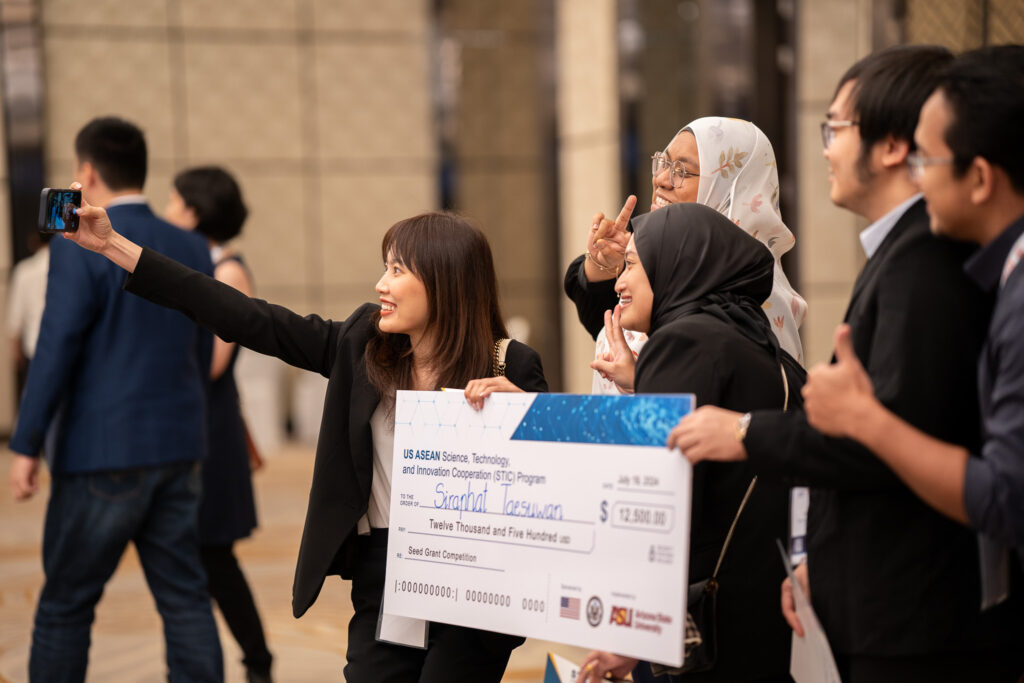
Siraphat Taesuwan, the recipient of the Research & Publishing Grant, takes a selfie with her team from Thailand to celebrate their win. Photo courtesy of Laura Zelic
Jeff Goss, executive director of GOEE, notes that the platform is a major step forward in supporting sustainable economic growth.
“The STIC Talent Mobility Portal continues to play a vital role in supporting sustainable economic growth, aligning seamlessly with the symposium’s goals of fostering innovation, collaboration and regional development,” Goss says.
Meghan Gibson, director of global operations for GOEE, says the STIC pitch and poster competitions were a brilliant demonstration of the untapped talent of future generations.
“Participants poured their passion into their pitches, highlighting topics ranging from early detection of cancer, solar AI, waste processing and the monitoring and detection of plant diseases,” Gibson says.
She appreciated that the participants embraced interdisciplinary and collaborative methods, further fueling the initiatives for the region’s growing momentum in research and startup support.
Overall, the symposium provided a platform to demonstrate the role of education in promoting sustainability and the potential of AI integration.
Shaping future solutions
The GOEE team is proud of the collaboration and its impact on education accessibility.
“Many issues impacting one country can impact them all, a concept the participants understand and witness firsthand,” Gibson says. “Providing opportunities like STIC reaffirms the commitment of the United States to support the continuous development of ASEAN countries through collaborative efforts.”
Looking ahead, STIC will support this year’s seed grant winners by helping them develop skills to manage funds and report on their research. In addition, the project administration plans to expand the Talent Mobility Portal to offer more upskilling opportunities and cover additional key areas.
Planning for future events is already underway, starting with the third policy study tour in Washington, D.C. in the spring of 2025, and the next annual conference, which will be held in Malaysia in the fall of next year.
“We look forward to furthering our impact, strengthening collaborations, exploring new partnerships and securing funding for ongoing and future technology and innovation initiatives,” Gibson says.


